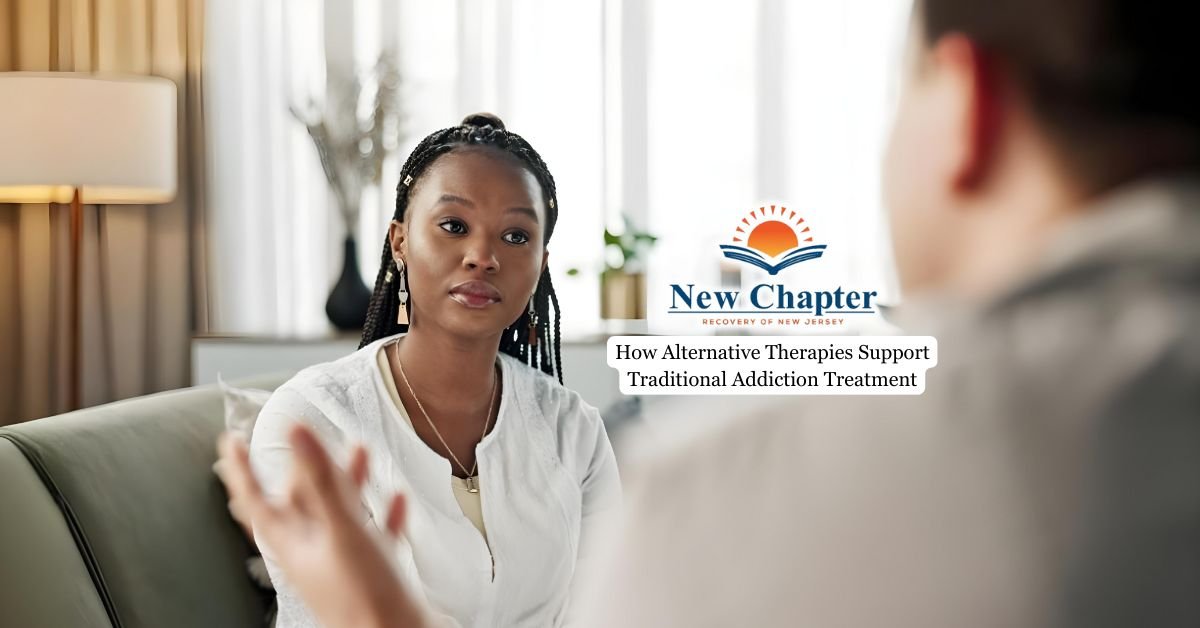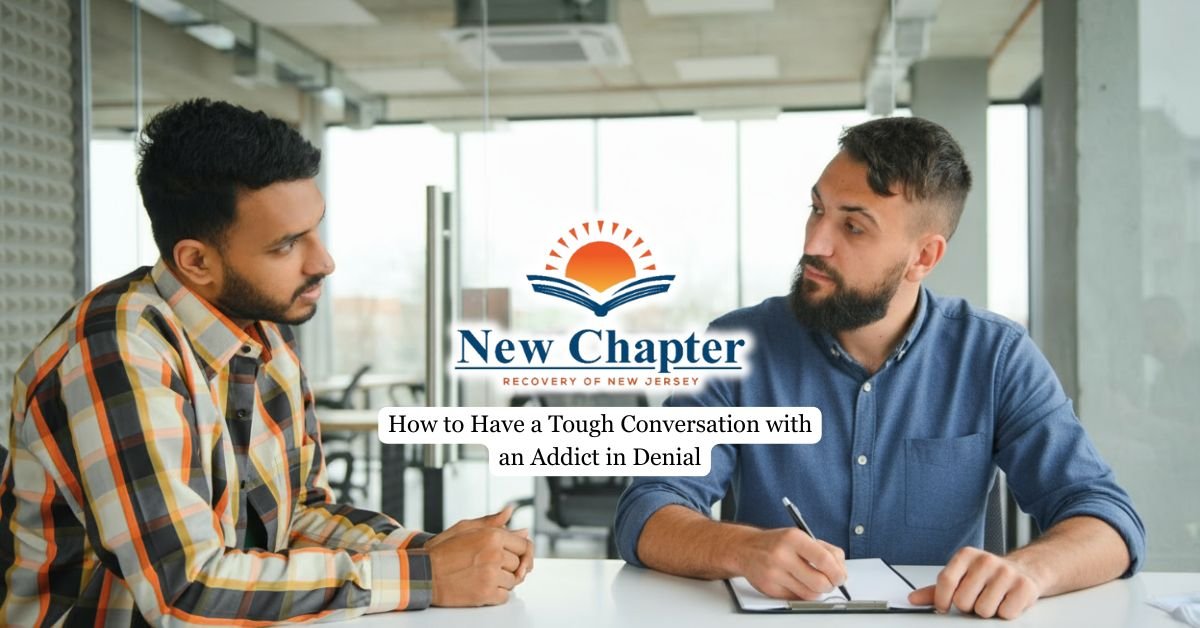Treating substance abuse is a complex process that requires more than just willpower or medical intervention. While evidence-based treatments and medications form the foundation of most programs, many individuals find added support through holistic and complementary methods. These practices strengthen emotional, physical, and spiritual healing, making recovery more sustainable and long-lasting.
This article explores how alternative methods enhance traditional addiction treatment, their benefits, and how integrated care can improve long-term outcomes.

Understanding the Role of Alternative Therapies in Addiction Treatment
Holistic approaches, often called complementary methods, focus on treating the whole person rather than just the symptoms of addiction. These may include yoga, meditation, art, acupuncture, or equine-assisted activities. When used with evidence-based treatments such as cognitive behavioral therapy (CBT), these techniques help individuals develop resilience, reduce stress, and cultivate self-awareness.
These methods provide individuals with additional coping mechanisms and tools for self-regulation.
Integrating Alternative and Traditional Therapies for a Healthier, Substance-Free Life
The most effective addiction treatment programs recognize that recovery is a multidimensional process. Combining traditional interventions, such as behavioral counseling and medication management, with holistic approaches creates a well-rounded framework supporting the mind, body, and spirit. This balance enhances motivation, reduces relapse rates, and empowers clients to take ownership of their journey.
Programs that integrate both forms of care often see higher satisfaction among clients who feel seen and supported in all aspects of healing. This comprehensive model ensures that recovery extends beyond sobriety, it becomes a pathway to a healthier, more fulfilling life where individuals thrive emotionally, physically, and spiritually.
Mind-Body Approaches for Emotional Regulation
Many people in recovery struggle with managing emotions like anxiety, anger, or sadness. Mind-body practices such as yoga, mindfulness meditation, and breathwork are effective tools for improving emotional regulation. These exercises help individuals reconnect with their bodies, identify internal cues, and create a sense of calm that aids in preventing relapse.
Consistent mindfulness practice can decrease anxiety and depression, two common co-occurring issues in addiction. Yoga, in particular, boosts mood by releasing endorphins and lowering stress hormones. When paired with traditional counseling or group sessions, these methods teach clients to navigate emotional highs and lows more effectively, supporting better emotional balance and long-term healing.
Creative and Experiential Outlets for Self-Expression
Addiction can suppress creativity and emotional expression. Art, music, and drama-based activities allow individuals to process feelings that may be difficult to express verbally. These outlets provide healthy ways to explore identity, self-worth, and personal growth throughout the healing process.
For instance, painting or journaling can help clients visualize progress and express hope, while listening to or making music can evoke positive memories and emotions. Participating in creative projects also helps individuals build discipline and confidence, important traits for sustaining sobriety. Experiential methods such as equine-assisted sessions encourage empathy and patience, qualities that strengthen relationships and self-esteem during this time.
Physical and Somatic Practices for Stress Relief
Substance use often leaves lasting effects on the body, including tension, fatigue, and chronic pain. Movement-based practices like tai chi, stretching, massage, or acupuncture can restore balance and ease discomfort that might otherwise trigger cravings. These practices teach individuals to listen to their bodies, improve physical health, and maintain emotional stability.

Acupuncture, for example, may reduce withdrawal symptoms and cravings by stimulating key pressure points that affect brain chemistry. Massage helps release muscle tension while boosting serotonin and dopamine, chemicals vital to mood stability. Regular participation in these activities supports the nervous system’s functions and promotes better sleep, energy levels, and focus, which are key elements for maintaining sobriety.
Spiritual and Holistic Healing Approaches
Recovery is not only about abstaining from substances, it’s about rediscovering meaning, purpose, and connection. Many complementary methods nurture spiritual and emotional growth through meditation, prayer, journaling, or time in nature. These activities offer quiet moments for reflection and personal discovery, which can be transformative in each stage of treatment
For participants in faith-based recovery programs, spiritual engagement strengthens personal belief systems and supports inner peace. Others may find spirituality through gratitude practices, mindfulness, or connection with nature. Reconnecting with values and purpose helps individuals anchor their journey toward a substance-free life and create a deeper sense of fulfillment.
Final Thoughts from New Chapter Recovery
Holistic and complementary methods enhance traditional addiction treatment by addressing emotional, physical, and spiritual aspects that standard interventions may not fully cover. Together, these strategies create a balanced, restorative path toward a sober life.
At New Chapter Recovery, we emphasize integrated healing that combines evidence-based care with supportive wellness practices. Our addiction treatment program in New Jersey provides compassionate, structured treatment designed to help clients rebuild balance, resilience, and purpose. This approach helps clients see recovery not as a final goal, but as a continuous journey of building skills, strength, and balance.






